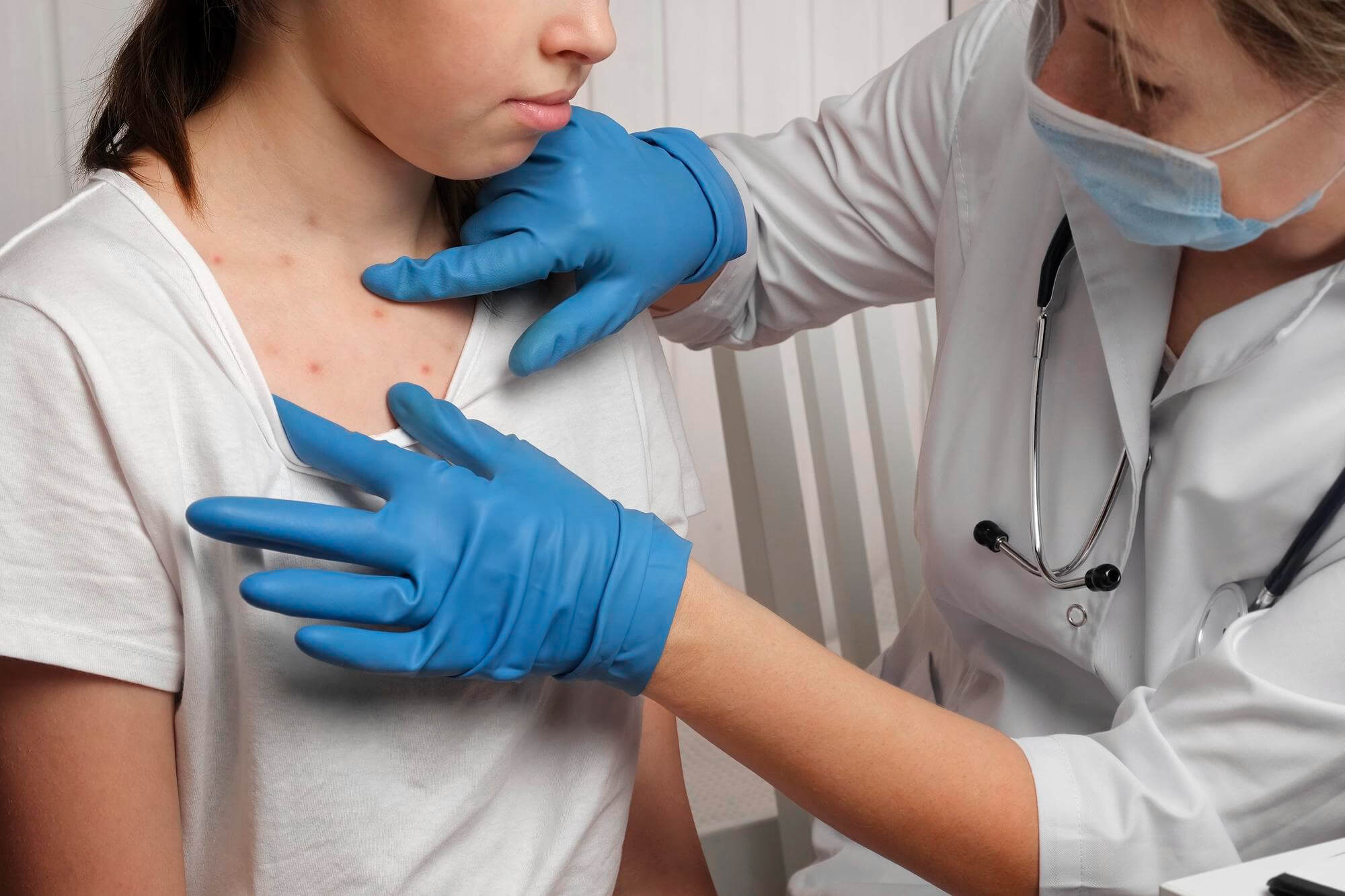Allergic reactions to antibiotics: what you need to know


Irina Makarova
What is an allergy to antibiotics?
An antibiotic allergy is an unwanted reaction of the immune system to a certain antibiotic. This condition can manifest with a variety of symptoms, ranging from a mild facial rash to serious, potentially life-threatening reactions such as anaphylactic shock. How antibiotic allergies manifest themselves may depend on the specific antibiotic and individual body characteristics.
Types of antibiotics that cause allergies
Although an allergic reaction can occur to any type of antibiotic, some cause allergies more often than others. The most common are penicillins (such as amoxicillin) and cephalosporins (such as ceftriaxone). Fewer, but still significant, people are allergic to sulfonamides and macrolides (such as erythromycin).
Causes of antibiotic allergies

Allergies to antibiotics usually develop when the immune system mistakenly perceives an antibiotic as a hostile agent and starts producing antibodies to fight it. This can happen after taking antibiotics, even if you have taken the drug successfully before without any problems. Why this happens is not always clear, but people with other types of allergies or a family history of antibiotic allergy may have a higher risk of developing this condition.
Symptoms of antibiotic allergies
Allergic reactions to antibiotics can be either immediate or delayed.
Immediate reaction
- The most common symptom of antibiotic allergy is a rash, which can be urticaria - itchy, blistered areas of skin that can appear minutes or hours after taking an antibiotic.
- Some people may experience respiratory symptoms, such as difficulty breathing or wheezing.
- In rare cases, anaphylactic shock may develop, which is an urgent condition and requires immediate medical attention.
Delayed reaction
- Some people may get a rash or urticaria a few days after starting the antibiotic.
- Other symptoms of delayed reaction may include abdominal pain, nausea, and vomiting.
- In some cases, joint and muscle pain may occur.
Diagnosis of antibiotic allergy

Diagnosis of antibiotic allergy includes a history and possibly skin tests and blood tests. It is important to tell your doctor about any medications you have taken and any reactions you have had.
Treating antibiotic allergies
The main treatment strategy is to avoid antibiotics that cause allergies.
If a reaction has already occurred, your doctor may prescribe medications such as antihistamines (e.g., cetirizine) or steroids to reduce symptoms.
Desensitization
In some cases where an antibiotic is necessary and there are no alternatives, your doctor may perform a desensitization procedure, which involves gradually administering an antibiotic to help your body get used to it.
Tips to prevent antibiotic allergies
It's important to always inform your medical staff of your history of antibiotic allergies. If you have ever had a serious allergic reaction, you may be offered a medical bracelet or chart indicating your allergy.
In conclusion, antibiotic allergies are a serious condition that requires attention and proper care. If you or your child has symptoms like those described, you should see a doctor as soon as possible. Self-treatment in this case can be dangerous, so it is important to get professional medical help.
New materials
Popular Articles
We recommend reading
Contact us in the Contact Us section to ask questions, offer ideas, or for more information about our allergy resource.
Our articles are your trusted source of allergy knowledge. Learn how to make life with allergic reactions easier on our specialized portal.
©
Lechenie-Allergii.com. All rights reserved.
© Lechenie-Allergii.com. All rights reserved.
The information on this site is for informational purposes only and is not a substitute for professional medical advice. We recommend consulting with qualified medical professionals for accurate information and advice.
 English
English  Українська
Українська  Русский
Русский 









